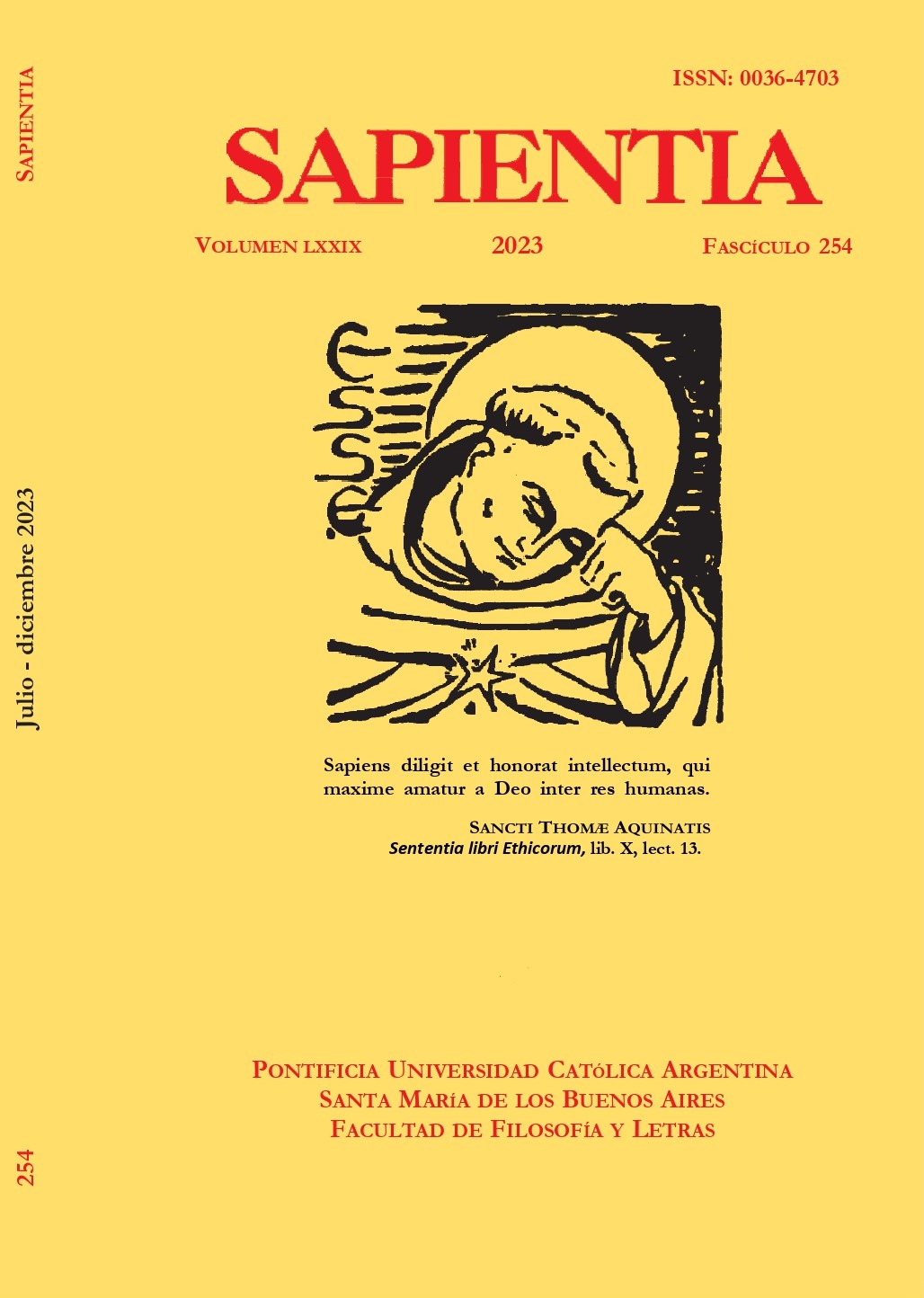Fundamentar la dignidad de la persona para el uso ético de la ciencia y la tecnología
Keywords:
dignity, person, human genome, artificial intelligenceAbstract
In this note, Tomás Agustín Casaubon, after a summary of the origin of the word "dignity," aims to investigate the dignity of the person on the ontological level, recalling the agreement in its affirmation between Saint Thomas Aquinas and Emanuel Kant. With the support of several philosophers, the author asserts that the German thinker upholds this affirmation without substantiating it metaphysically. On the other hand, Aquinas does provide a metaphysical foundation for human dignity, both in human nature and as a person. He also recalls words from Saint Gregory of Nyssa, in which he reflects on human dignity in both the physical body and the soul.
Casaubon clarifies that the dignity of the person is "magnified" by his call to supernatural life, due to the Incarnation of the Word. The metaphysical dignity of the person must be considered for the use of scientific knowledge and its technological applications. The author specifically refers to the deciphering of the human genome and artificial intelligence. He focuses on the latter, so widely used today (for better or worse) to make a call to prudence and refers to the document "Dignitas infinita", from the Dicastery for the Doctrine of the Faith, and concepts from the bioethics specialist, Rabbi Fishel Fernando Szlajen.
Finally, Casaubon advocates not neglecting the spiritual, mysterious, and sacred dimension of the human being, citing, as a poet that he is, one of the rhymes of the great romantic bard Gustavo Adolfo Bécquer.
Downloads
Downloads
Published
How to Cite
Issue
Section
License
Copyright (c) 2025 Tomás Agustín Casaubón

This work is licensed under a Creative Commons Attribution-NonCommercial-ShareAlike 4.0 International License.





 Sapientia
Sapientia